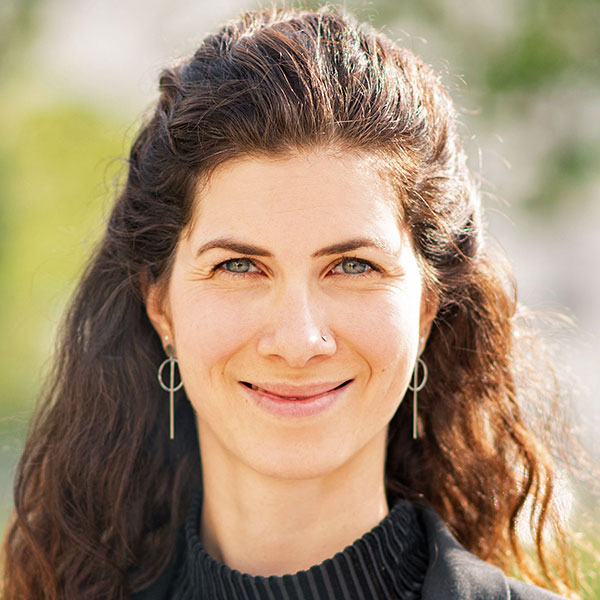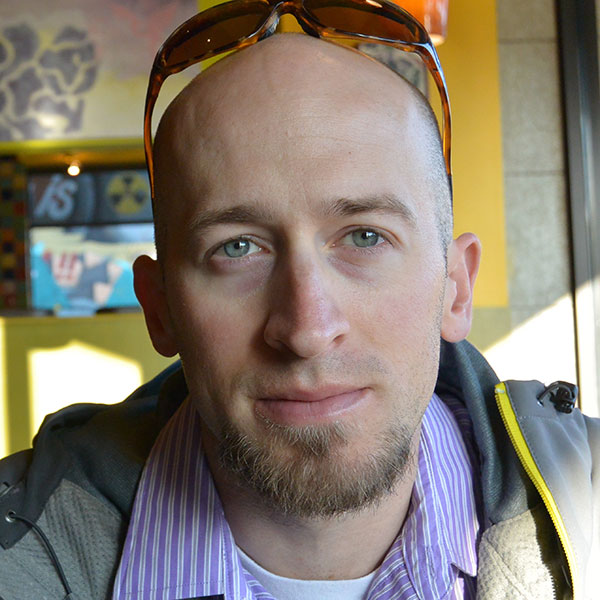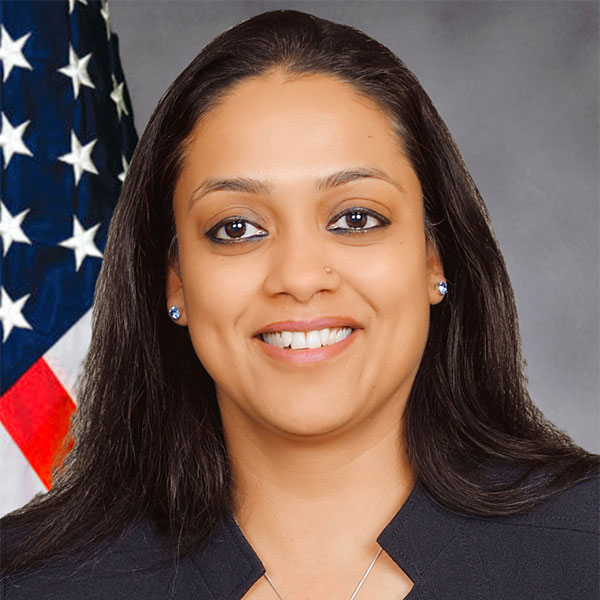There are many academic career paths available for geographers. These can vary, from a tenured faculty position at a large institution, to part-time adjunct teaching at a community college, to influencing the younger generation as a K-12 teacher. As geographers go through higher education, they acquire knowledge and experience in teaching and advising, research performance and publication, and collegiality that will make them successful in any of these professional academic opportunities.
Geographers in K-12 Education
Geographic education starts early, and geographers teaching in primary and secondary positions are the ones responsible for introducing young students to the spatial relationships that make up our world. It is most common for geography to be taught in middle and high school settings, where course work will range from beginning level subject matter to AP courses and college preparation.
Geography education within secondary education provides a framework for geographic principles. Geographers will introduce their students to concepts such as GIS, physical landscapes, and spatial relationships.
A responsibility of geographers in K-12 education is translating their knowledge and training in geography into a language that is understandable by a younger audience. It’s an opportunity to make it fun, creative, and engaging!
Geographers seeking a career in K-12 education will usually require a degree in secondary or early childhood education with an emphasis on geography. Further training will include classroom management, curriculum development, and clinical experiences at public schools.
Geographers in Community Colleges
Community colleges offer students affordable education through enrollment at a local, two-year institution. The educational foundation they receive ranges from associates degrees to certificates, with many then transferring to a larger, four-year institution.
Working with students is a focal point of community college instruction. Geographers teaching in this setting will interact with a diverse group, who vary in age, socio-economic backgrounds, work experience, and education levels. You’ll have the advantage of lower enrolment numbers and therefore the ability to work with and advise individuals on a more one-on-one level.
Geographers at community colleges will have more emphasis placed on instruction, rather than research and publication. Teaching and advising skills acquired during graduate and doctoral programs will be applied to higher course loads, albeit with smaller class sizes. Not all community colleges offer full-time tenure track positions, however, and many instructors will hold part-time adjunct positions.
The subject matter taught by community college geography instructors is generally more broad, such as introductory geography courses or GIS certificate training. There is freedom, however, in the ability to shift the focus of these courses each term depending on your current research interests or new readings.
Geographers at Large Academic Institutions (Colleges and Universities)
Geographers pursuing an academic career at a large academic institution will often be faculty members within the school’s geography department. It is sometimes the case, however, that geographers are members of other interdisciplinary departments, such as earth science, history, or anthropology.
A priority for many academic geographers is to secure a tenure-track position with their institution of choice. Why tenure? Tenure provides security for academic creativity and freedom while also relieving faculty members of the pressure of producing only certain types of research.
The process of securing tenure begins early, with the selection of a doctoral program. It is here that geographers begin building a relevant portfolio in the areas of teaching, research, and service to qualify them for a tenure-track position at their desired institution.
Additional steppingstones towards tenure include experience in fixed–term positions, such as instructor, visiting professor, or adjunct professor. Although temporary, these positions build up one’s CV to make a candidate more attractive for institutions seeking a tenure-track colleague.
The tenure process varies between institutions and it’s important to inquire with department chairs and leadership directly regarding expectations and requirements. Broadly, the tenure process consists of faculty tenure-track appointment, reappointment, review promotion, tenure, and appeal.
Throughout the process, geographers will continue to build upon the portfolio begun in graduate school. Many institutions will require a dossier organized by research, teaching, and service, which is accompanied by reviews from peers and colleagues on your performance.
Entering academia also entails contributing to its growth and expansion. Academic geographers frequently design, execute, and publish research within areas of expertise and interest.
There is success and meaning in identifying research interests and preparing meaningful manuscripts for one’s peers. It requires the ability to build collegial relationships both within and outside of the geography community; seek out and prepare grant proposals; and publish manuscripts through appropriate journals.
While many academic geographers prefer the job stability and freedom to pursue research that tenure-track positions can provide, others prefer non-tenure track opportunities. Non-tenure track positions can be advantageous to academics with a passion for teaching, and who prefer teaching careers over the more research-oriented positions that come with tenure-track careers.
Non-tenure track faculty positions typically place a greater focus on teaching and service than tenure-track positions and often have little or no research requirements. While research and publications are, in some cases, still part of the job, they do not typically have a big impact on annual job evaluations.
Stand-Alone Geographers
Solidarity as one: Due to the smaller nature of community colleges, and even some universities, geographers can find themselves in a nonconventional arrangement, where they are the sole geographer in an interdisciplinary program. Known as Stand-Alone Geographers (SAGE), these geographers work and collaborate with non-geographers on a regular basis. This requires collegiality and research collaboration across multiple departments.
REAL-WORLD EXAMPLES
Profiles of geographers
Learn more about geography as a field of study and about careers from geographers working in education, business, nonprofit organizations, and government agencies. Read about why they chose to pursue geography and how a career can be exciting, meaningful, and successful! Don’t see a particular geographer you think should be spotlighted? We’re open to suggestions!

Judith Keller, Postdoctoral Researcher at Heidelberg University

Michael Camponovo, GIS Outreach Coordinator and Director of GIST Program at University of Tennessee, Knoxville

Suparna Das, Branch Chief Supervisory Statistician at the Treatment Services Branch, Center for Behavioral Health Statistics and Quality, Substance Abuse and Mental Health Services Administration
Video Interviews with Private Sector Geographers
Dr. Naya Jones, Managing Director of Get Rooted Consulting, describes being a health geographer applying scholarship on place and social justice to improve marginalized communities.
Dr. Donald Poland, Managing Director, Senior Vice President Urban Planning, Goman + York Property Advisors, discusses his experience as an urban planner and what led him to geography.
Peter Lenz, Senior Geospatial Analyst, Dstillery, describes taking the path from geography to building a career in data analytics.
Who Hires Geographers?
The following list of over XXX education employers is based on a review of 57 geography department alumni webpages.
List to come
